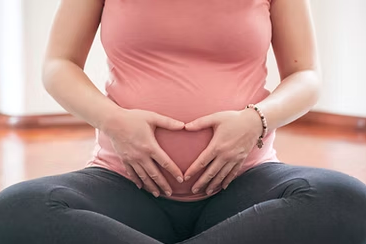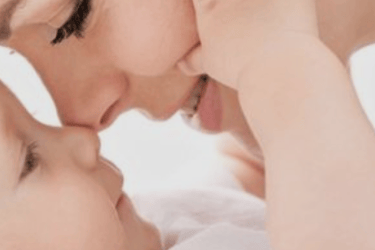Infertility and Acupuncture
Infertility affects millions of couples worldwide and can result from male factors, female factors, a combination of both, or unknown causes. Conventional fertility treatments can be costly, limited in availability, and sometimes influenced by provider bias.
Traditional Eastern Medicine views infertility as an imbalance in the body’s energies and focuses on restoring harmony. TEM treatments—including acupuncture, herbal medicine, qigong, and therapeutic massage—have been shown to improve reproductive function in both men and women. These therapies can be used alone or alongside conventional fertility treatments.
How Acupuncture Supports Fertility
Acupuncture is highly effective in regulating the endocrine and reproductive systems, particularly in women. While a Western medical evaluation is essential to rule out structural issues, acupuncture is most beneficial for functional causes of infertility.
For women, acupuncture can:
Improve ovarian function for higher-quality eggs and embryos
Regulate estrogen and progesterone levels, preparing the uterus for implantation
Increase blood flow to the uterus, promoting follicle development and successful implantation
For men, acupuncture can:
Improve semen quality and quantity
Increase the production of healthy sperm
Acupuncture is also beneficial when combined with In Vitro Fertilization (IVF). Studies have shown that acupuncture before and after IVF can double pregnancy success rates and improve outcomes regardless of the woman’s age.






Advantages Over Fertility Drugs
Acupuncture offers a natural, low-risk alternative to common fertility drugs such as Clomid or Metformin. It has fewer side effects, can support the prevention of miscarriages, and may lower the risk of ectopic pregnancy. Additionally, acupuncture can address anxiety and depression, reducing the need for medications that may negatively impact fertility.
Lifestyle Practices to Support Fertility
Favor warm, nourishing foods over cold or raw foods to stimulate circulation and balance energy
Practice gentle exercises like Tai Chi, Qigong, yoga, or meditation to improve Qi and blood flow while reducing stress
Combine acupuncture with herbal medicine to enhance treatment effectiveness
Why Choose Acupuncture
When infertility causes are unknown or subtle, acupuncture addresses both the body and mind, supporting fertility at a deep level. Couples without structural issues may consider acupuncture as a first-line treatment before pursuing more invasive or costly options. Once pregnancy is achieved, continuing acupuncture can help maintain a healthy, balanced pregnancy.
Contact
Reach out for gentle, healing care
Phone
Jerawellness@yahoo.com
714.788.1126
© 2007. All rights reserved.
714.508.1070
Jera wellness Acupuncture 210 W. Main St. Suite 101. Tustin. CA 92780